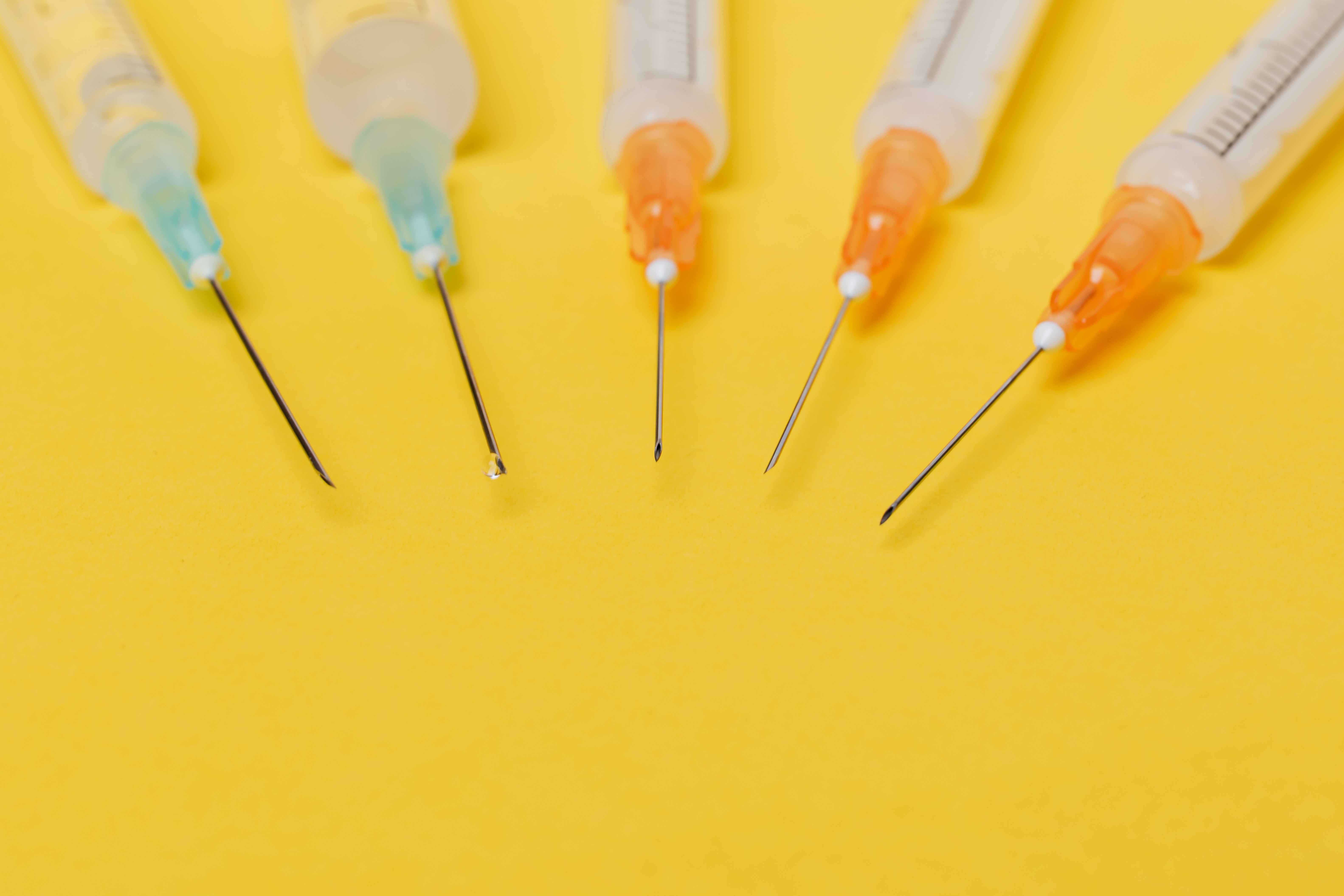Water for injection (WFI) is a type of highly purified water used in pharmaceutical and medical applications. It is used in the production of injectable medications, as well as to clean and sterilize medical equipment. Here, we'll provide an overview of WFI, including its uses, benefits, and purification methods.
Uses of WFI
Water for injection has a variety of applications in the pharmaceutical industry. It's most commonly used in the production of injectable medications and solutions, as it helps ensure sterile products with a high degree of purity. Additionally, WFI is often used to clean and sterilize medical equipment such as syringes, IV bags, surgical instruments, and more. It can also be used as a reagent when testing materials for their chemical or physical properties.
Benefits of WFI
The primary benefit of using water for injection is that it ensures sterile products with a high degree of purity. Because it's so highly purified, it helps reduce the risk of contamination from external sources that could potentially harm patients. Furthermore, because WFI has already been treated to meet USP requirements for use in pharmaceuticals and medical applications, it helps streamline the manufacturing process by eliminating the need to further purify or sterilize the water before use.
Purification Methods
To create water for injection (WFI), manufacturers must adhere to strict regulations set forth by the United States Pharmacopeia (USP). This includes processes such as multiple distillations or reverses osmosis filtration systems that ensure all impurities are removed from the water prior to use in pharmaceuticals or medical devices. The specific purification method depends on the type and quality level desired; many manufacturers opt for multi-effect distillation systems since these offer higher levels of purity than other methods while still being cost-effective and energy efficient.
Water for injection is an essential component in many pharmaceutical applications due to its high level of purity and ability to help produce sterile products. Its uses range from production processes such as making injectable medications to cleaning and sterilizing medical equipment; however, it’s important to note that not all types of water are suitable for use in pharmaceuticals or medical devices – only those that have been properly treated according to USP requirements should be considered when selecting a source for WFI. Manufacturers must carefully follow USP guidelines when producing this highly purified form of water in order to ensure end products are safe and effective for their intended purposes. With careful research and selection, you can find the right option for your product needs without compromising safety or quality standards.






